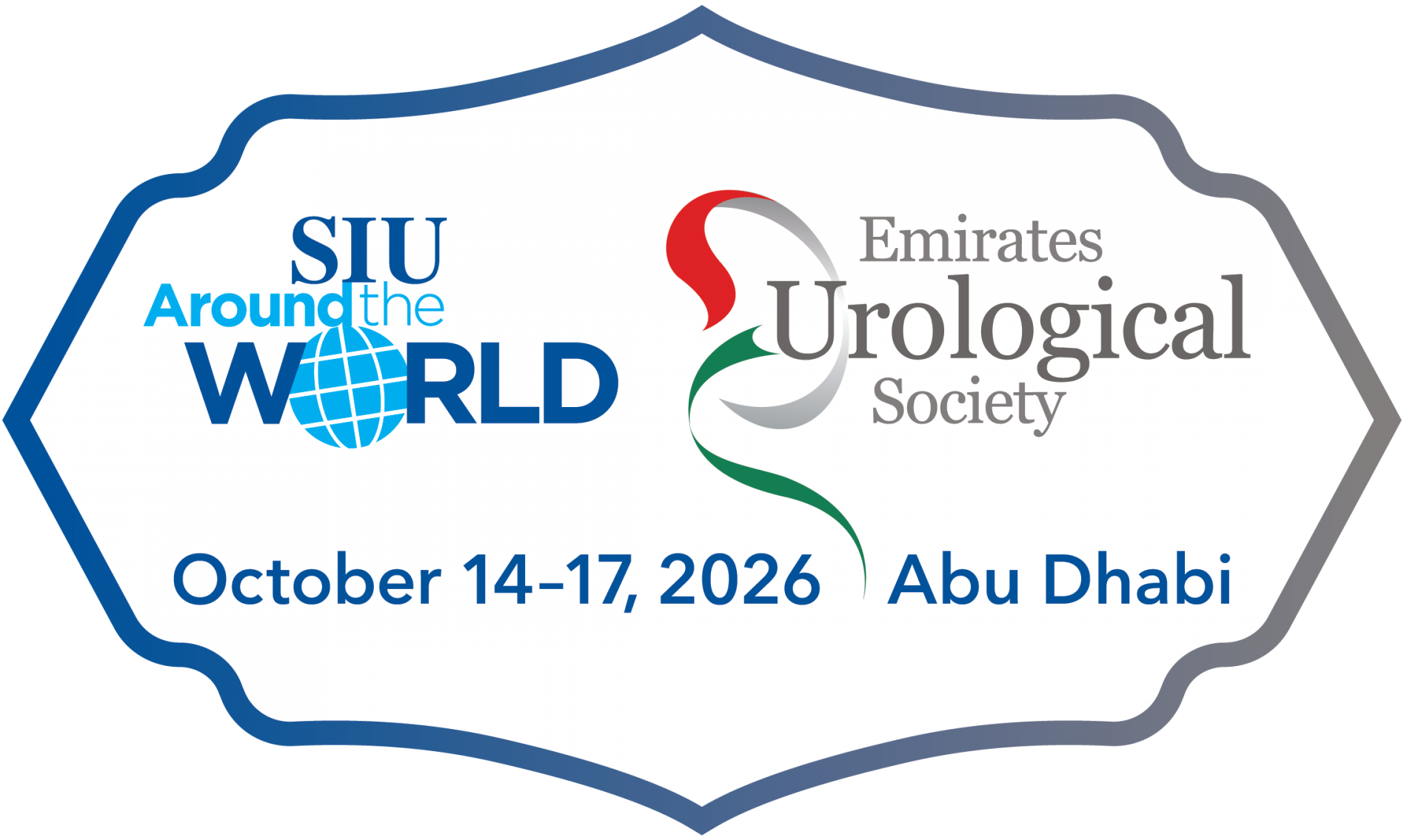
Submit your Instructional Course Proposal
The Scientific Programme Committee in conjunction with the Office of Education is conducting an open call for instructional courses for SIU-EUS 2026, a joint 46th Congress of the Société Internationale d’Urologie and the Emirates Urological Society taking place October 14 to 17, 2026. Preference will be given to proposals received on topics that align best with the SIU 2026 Congress learning objectives and from recognized experts in the field who are good speakers and educators.
Submission Deadline Extended: February 01, 2026
Faculty will be offered a preferred registration rate and are responsible for their own travel, accommodations, and other related costs.

Submission Requirements
Any of the following elements may appear in the Congress website/app. Be sure to use wording that will appeal to your audience.
- Course Title
- Course Description (brief - up to 100 words)
- Session Layout (titles of lectures including duration of each) - courses will be 90 minutes in length.
- Learning Objectives
- Identified as they relate to the overall Congress objectives.
- For the session itself, described from the perspective of the attendee. E.g., “at the end of this session, attendees should be able to…”
- Faculty
- Courses should generally include 2-3 speakers. The course director should plan to give 1 of the talks.
- It is understood that faculty has previously agreed to participate should the proposal be accepted for presentation.
- We ask that you pay particular attention the geographical and gender representation of faculty. The SIU is an international society and strives to represent the needs and interests of its members from around the world.
- Brief Literature Review
- Highlights the unmet educational needs of session topic.
- It is referenced and lists the supporting scientific literature.
- Previous Course Event Participation
Communications
All communications will be with the session chair. The proposer of an accepted session will become the session chair. A co-chair may be added to assist with the following responsibilities:
- Complete proposal by deadline.
- Open and prompt communication with the organizing committee and/or staff.
- Ensure that all deadlines and requirements for the session planning and execution, as defined by the organizing committee, are met.
- Communicate with all session faculty, including confirming participation, finding replacements when needed, details and duration of lecture.
- Review messaging and timing with all faculty prior to the session.
- Chair and moderate session, including welcome and introductions, Q&A and closing remarks.
- Review content to avoid overlap amongst presenters.
- Timely execution of the session.
Congress Learning Objectives
- Evaluate medical and surgical therapies for urinary stone disease.
- Recall the latest advances in the diagnosis, staging and management of urologic cancers.
- Detail the medical and surgical management of female and male lower urinary tract dysfunction.
- Examine the latest advances in reconstructive surgery including urethroplasty, fistula repair, and management of other GU injuries/trauma.
- Incorporate new techniques in robotic and minimally invasive surgery.
- Define the assessment and management of male infertility.
- Characterize the surgical and medical treatment options for male sexual health.
- Recognize how to serve the diverse healthcare needs of our international population through a patient-centered approach. Stay informed of recent advancements in urologic sub-specialties from the past year to enhance clinical practice.
- Recognize the challenges and facilitate inclusion and opportunities for underrepresented groups in urology.
- Characterize the indications and data of new imaging modalities for the management of urologic cancers.
- Provide mentoring opportunities and guidance for urologic trainees.
- Enumerate the common pediatric urologic problems and understand the assessment and management of pediatric population.
- Examine common complications and comorbidities associated with the treatment of urologic conditions and how to best manage them in clinical practice.
- Analyze recent updates in clinical practice guidelines and their implications for daily urologic practice.
- Recognize the utility and limitations of AI in clinical practice.
- Compare and contrast guideline recommendation-based versus real-world practices for urolithiasis management.
- Recall minimally invasive surgical procedures for the prostate and their role in office-based urology practice.
Questions? Email [email protected].
